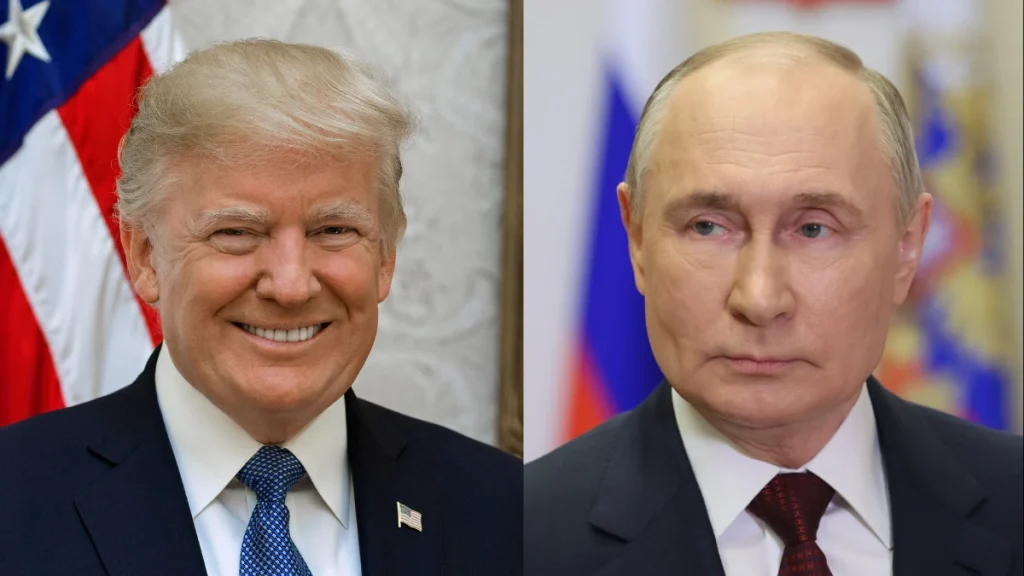In a significant policy shift, US President Donald Trump announced that he and Russian President Vladimir Putin have agreed to initiate negotiations to end the ongoing conflict in Ukraine. This development follows a recent prisoner exchange between the US and Russia.

During an extensive phone conversation, both leaders expressed optimism about achieving peace. Trump indicated that a future in-person meeting with Putin might take place in Saudi Arabia.
Trump also spoke with Ukrainian President Volodymyr Zelenskyy, though he did not confirm Ukraine’s direct involvement in the forthcoming negotiations. Defence Secretary Pete Hegseth suggested that Ukraine’s NATO membership is impractical, aligning with Trump’s stance.
This move marks a departure from previous US policy, which emphasised Ukraine’s full participation in any peace discussions. Zelenskyy expressed a willingness to continue working towards peace in collaboration with the US and maintained a relationship with Trump’s administration.

The announcement has had immediate economic implications. European stocks surged, with the Stoxx 600 index reaching record highs, reflecting investor optimism about a potential resolution to the conflict.
The Kremlin confirmed the mutual political will to engage in dialogue and seek a settlement. However, no specific timeframe for a meeting between Trump and Putin has been established.
As the situation develops, the international community watches closely, hopeful that these negotiations may lead to a peaceful resolution of the conflict in Ukraine.



